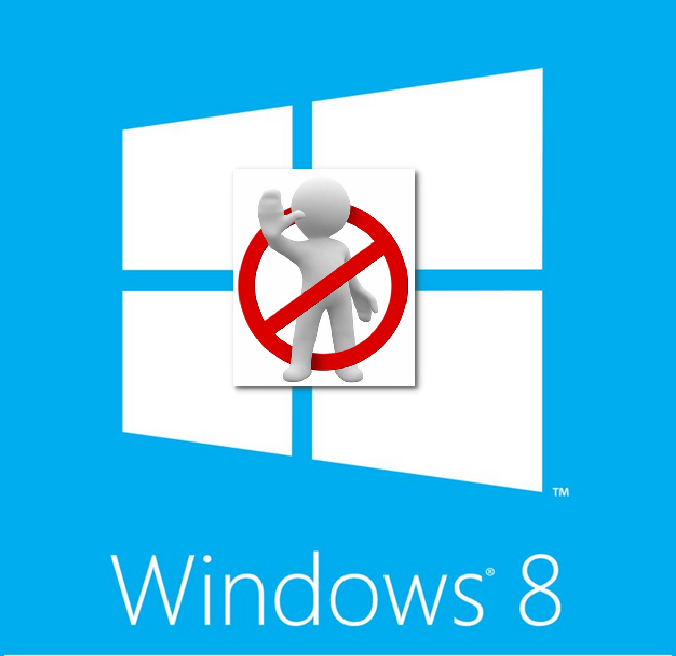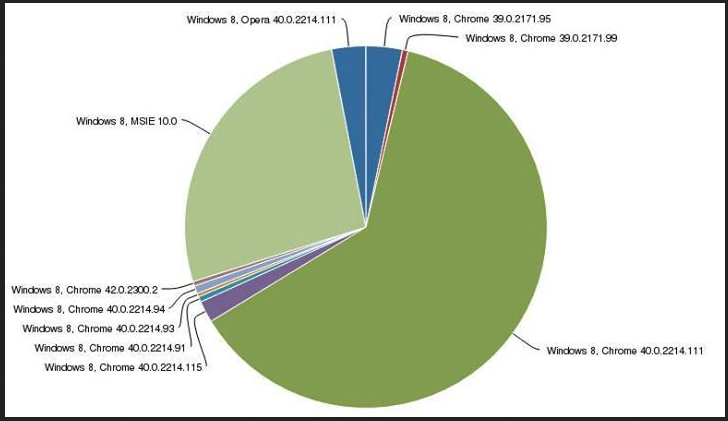China bans Windows 8 from all government computers. Recommends any other operating system.
In a move that it said is designed to “ensure computer security.” the Chinese government has banned Windows 8 from being installed on all government desktop, notebook and tablet computers. And as far as the Chinese government is concerned, any other OS will do. That, people, is a serious blow to Windows (8) in China.
According to a report from the Xinhua News Agency,
The measure only targets computers used by government offices, while the personal computer market is expected to stay unaffected.
…
Apart from purchase restrictions for central government offices, China will focus on the development of its own OS based on Linux, a move which An Yang, a security expert with Qihoo 360 Technology, said was a necessity although progress has been disappointing.
Qi Xiangdong, president of Qihoo 360, said this is a great opportunity for Chinese IT companies to nurture their own OS.

China bans Windows 8 from all government computers
This is a great opportunity for Chinese Linux distribution to shine. Aside from KylinOS and StartOS, which were listed as possible replacements for Windows 8, serious consideration should also be given to Deepin, a distribution I think is much better than KylinOS and StartOS. Screenshots from a test installation of a pre-stable edition of Deepin 2014 is available here.








This is one of the things that makes me happy. But to be honest it not just China it is Germany and other coutries as well. It looks like people are getting it. The one thing I did not like about Windows is how its kernel works. They have four modes but to programmers only two are accessible. Why do you have four modes when only two are accesible. Do they have some dll that they save for them selfs and NSA, CIA and who could know what are their partners, ;they leev thosse for them selves, and as soon as you instal Windows it has one port opened.
In a dictatorship like Red China, it should be pretty easy for their government officials to “persuade” people to do whatever the officials want. If the top folks say “don’t use Windows 8”, and some prominent examples are made, the rest will fall in line. I emphatically do not like dictatorships, but even a stopped clock is right twice a day, and this looks like one of those times. Microsoft Windows 8 *is* a bad idea…well, that goes for any other version of Microsoft Windows, too. 🙂
–SYG
don’t get your hopes up. things move slow over here. the government is well-intentioned, but they have been trying to push linux for years. there have been several attempts to back a linux distribution which all have failed so far. kylin is actually the most promising because it is backed by canonical and not a company that depends on linux uptake in china.
chinese prefer well known brand names, so it’s unlikely that they will take a look at deepin unless they already believe in linux and understand how free software works.
think about how much effort it took for munich in germany to switch.
the same effort is needed here, and more, on a massively larger scale. and they have to compete with people selling copies of windows on the street for a few dollars. anyone not happy with the OS on his computer can just go and afford a replacement.
greetings, eMBee.
Points well taken, but the point of the ban, as stated in the article, is not to stop individuals from using Windows 8, but to stop it from being installed on govt computers. I don’t think a Chinese govt employee will go out and buy a bootlegged copy of Windows 8 to install on his work PC. Highly unlikely.
i am talking about government employees. i have been consulting with one of the chinese linux distributors, and they told us that while they sold a number of licenses to departments that were mandated to use linux, they hardly get any support requests, because linux is not actually used. they only buy the licenses to show that they did.
it’s probably not just individual employees but the whole department going around the directions.
one difficulty china has, is it’s size. it is hardly possible to check that everyone follows the rules.
following the law here is based on prevention not on trust and check.
payment receipts for example have to be printed on special printers that proof that the transaction is properly recorded and taxes have been paid. a simple paper trail is not enough because that could be faked. these receipts even include a scratch-lottery where the buyers can win some money, to motivate them to ask for a proper invoice and thereby forcing the shop to properly record the transaction and pay taxes for it.
greetings, eMBee.
Go China Go China
Thats a Good move now the linux down there need to act fast